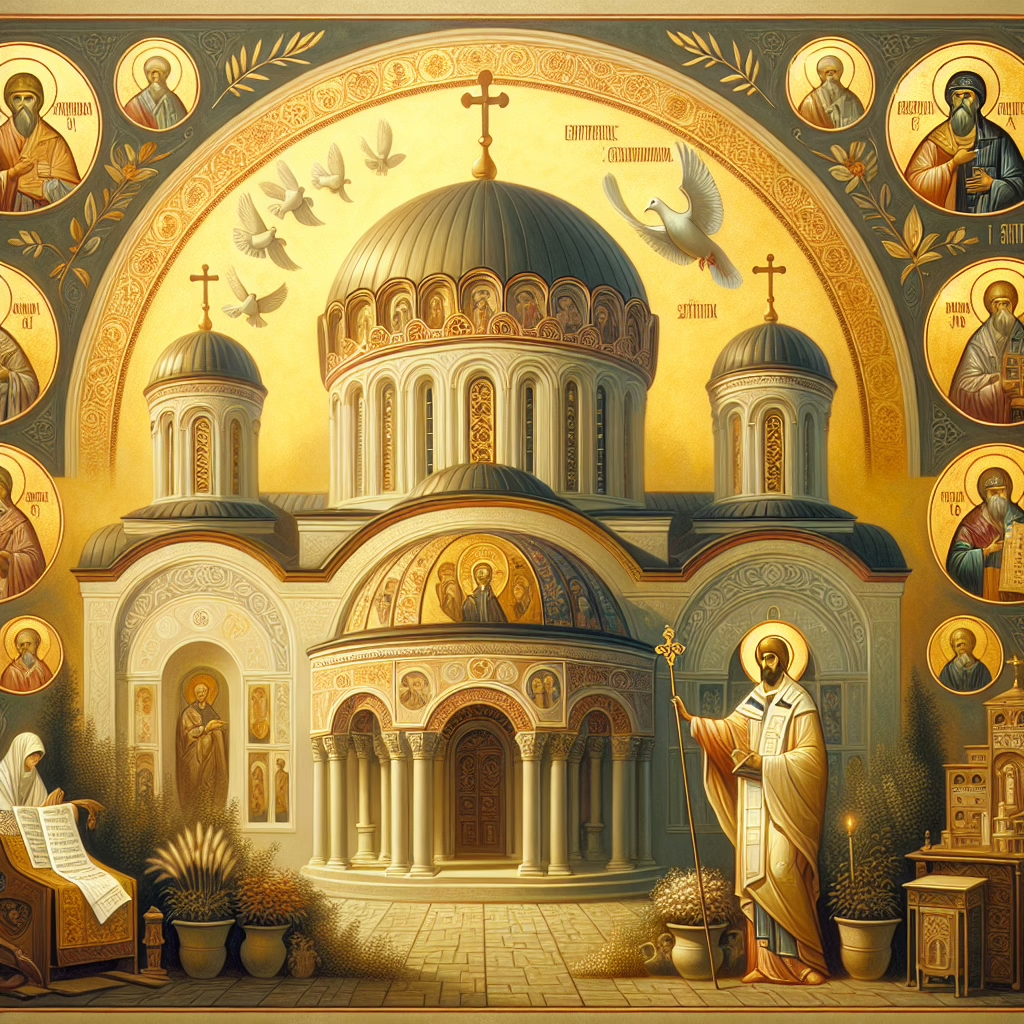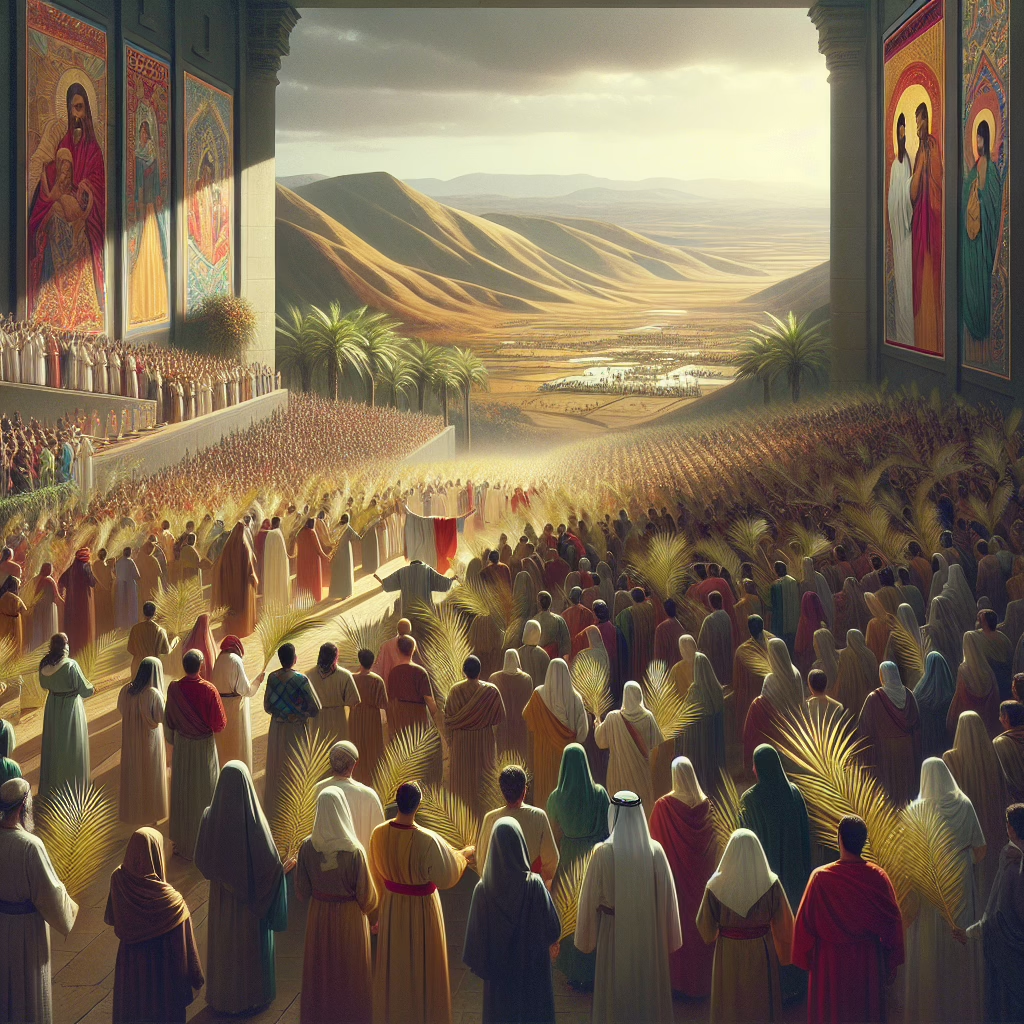Understanding the Protestant Objection to the Catholic Magisterium: A Critical Analysis
Introduction: The Battle of Interpretation
- The age-old debate between Catholics and Protestants on scriptural authority continues to be a pivotal issue within Christian communities. This clash traces its roots back to the Protestant Reformation, a period marked by significant theological upheaval.
- At the heart of this debate lies the conflict between the Church Magisterium—the teaching authority claimed by the Catholic Church—and the concept of Sola Scriptura, which asserts the primacy of Scripture alone for doctrinal authority.
- In this analysis, we will examine the Protestant objections to the Catholic Magisterium and provide a robust Catholic response rooted in Sacred Tradition and historical evidence.
1. Objection: Sola Scriptura and Individual Autonomy
1.1 The Protestant Standpoint
- Advocates of Sola Scriptura argue that certain key passages reinforce the idea of Scripture's self-sufficiency. For instance, 2 Timothy 3:16-17 is often cited, emphasizing how "all Scripture is inspired by God" and sufficient for teaching and instruction.
- Additionally, the Protestant emphasis on the "priesthood of all believers" highlights individual access to God, promoting personal interpretation of Scriptures without reliance on human mediators.
- Historical critiques have also been aimed at the Catholic Church, pointing out instances of corruption which have led to skepticism about the reliability of Magisterial interpretations.
1.2 Catholic Response: Apostolic Succession and Magisterial Authority
- The Catholic Church counters these arguments by pointing to the biblical basis for apostolic succession. In Matthew 16:18-19, Jesus establishes Peter as the rock upon which the Church is built, while John 21:15-17 underscores Peter's role in shepherding Christ’s flock.
- Sacred Tradition plays a crucial role in the Catholic framework by preserving the teachings of the Apostles and ensuring continuity alongside Scripture.
- Historical and theological affirmations of Magisterial authority and unity are evident through councils and declarations that affirm the Church's role in upholding Christian doctrine consistency.
1.3 Supporting Evidence
-
The Council of Trent reinforced the harmonious role of Tradition and Scripture as two pillars of truth within the Church.
"Therefore, let them not be doubted nor rejected; they form one sacred deposit of the Word of God."
— Council of Trent, Session IV -
1 Timothy 3:15 articulates the Church's role as the "pillar and foundation of truth," further emphasizing its guiding function.
-
The First Vatican Council delineated the doctrine of Papal Infallibility, affirming the Pope's authority in doctrinal matters.
-
For a deeper dive, explore Apostolic Succession and its implications for Church authority.
2. Objection: Diverse Interpretations and Personal Freedom
2.1 The Protestant Argument
- Protestants often point to historical inconsistencies and changes in Magisterial interpretations as evidence against a singular interpretative authority.
- They advocate for a landscape of diverse understandings within Christian communities, arguing that it reflects a more authentic engagement with the divine.
2.2 Catholic Response: Unity and Dogmatic Consistency
- The Catholic Church asserts the necessity of a unified interpretative authority, rooted in Scripture. In John 17:21, Jesus prays for unity among believers, underscoring the importance of ecclesial cohesion.
- The Magisterium serves as a guardrail against doctrinal fragmentation, ensuring the faithful transmission of Christ’s teachings.
- The role of the Holy Spirit is vital; it is believed to guide the Church's teachings over time, ensuring they remain true to the foundational truths of Christianity.
2.3 Supporting Evidence
-
John 17:21 reflects Jesus' earnest desire for His followers’ unity, a task entrusted to the Church.
"And so, I ask not only for these, but also for those who will believe in me through their message, that all of them may be one."
— John 17:20-21 -
Historical councils and papal declarations, such as the Council of Nicaea and the Tridentine decrees, stand as testament to the Church’s commitment to maintaining doctrinal integrity.
-
Further insights into Church Unity offer a rich exploration of how the Church strives for coherent teachings.
Conclusion: Embracing Unity amidst Diversity
- In summary, the tension between individual interpretation and Magisterial authority persists, reflecting deeper theological and philosophical divergences.
- A balanced approach that honors Scriptural truths, respects Sacred Tradition, and recognizes the Church's Magisterium offers a comprehensive path towards deeper theological understanding.
- The Catholic perspective underscores the importance of dialogue, calling all believers to engage in respectful discussions aimed at theological enrichment and unity.
- Delve further into the nuances of Church teachings by exploring Understanding Catholic Doctrine and enrich your spiritual journey.






Leave a Reply